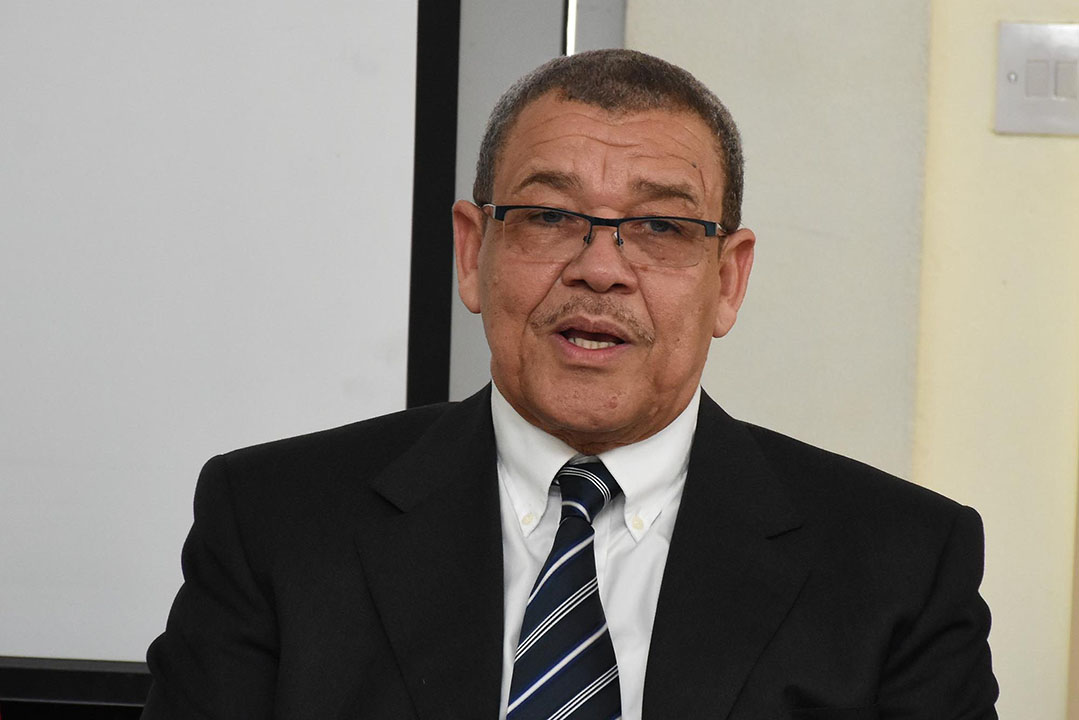As the Public Accounts Committee (PAC) of Parliament met on Monday, a call was made for contracts for those Guyana Revenue Authority (GRA) employees who are being trained to monitor the Oil and Gas operations in Guyana.
This call came on the heels of GRA’s Commissioner General (CG), Godfrey Statia’s disclosure that trained employees are being lured away by oil companies offering better wages.
When asked about the systems that have been put in place to target the paucity of employees and to ensure that the employees that are invested in will remain with GRA, Statia stated that most of the time he appeals to their patriotism.
“Regardless of what you do, you would lose staff,” he added.
The call for the trained employees to sign a contract, binding them to the agency for at least two years after training, was made by Members of Parliament (MPs) Jermaine Figueira and Dharamkumar Seeraj, who noted that this will make the employees accountable for the monies spent by GRA to train them.
“If you’re making investments into people, you also need to secure that investment. And I think it’s time that GRA also look at going into contractual arrangement with workers. If I’m going to invest $5M, I expect you to work with me for three years, and if, depending on your ethics and principles is not working then I have to contractually bind you to the investment that I’m making… so I think we have to look at that as an option to keep people… ,” Seeraj argued.
In his response, Statia insisted that the agency is trying to shy away from such force and instead relies on the patriotism and loyalty of its employees. Additionally, he noted that GRA has taken up the task of training employees across the board (i.e. cross-training) in oil and gas monitoring in an attempt to rectify the company’s “brain drain” issue. This will ensure that in the event that they are needed in the department, they will be able to function in the capacity required.
“For them to sign a contract, we have been avoiding that… on purpose because we want to appeal to their work ethic,” Statia explained.
Earlier in the meeting, the CG was asked to account for the number of employees available at GRA to monitor the oil and gas operations, to which he had noted that they are currently below fifty percent (31). For the department to function effectively, a full complement of 65 persons is needed.
Statia also lamented the fact that the agency is in dire need of qualified auditors the likes of which are lacking locally, but “we cannot compete with bringing them in externally”.
The CG also declined to state, at the meeting, the exact salary scale that is being offered to GRA’s staff, which he had stated is twice the amount of a normal public servant’s at the same level. Instead, he offered to disclose the information privately to the MPs.
To date, five staff who were trained by GRA in the accounting field within the past year have left to work for the likes of CNOOC and other companies in the oil and gas sector.






